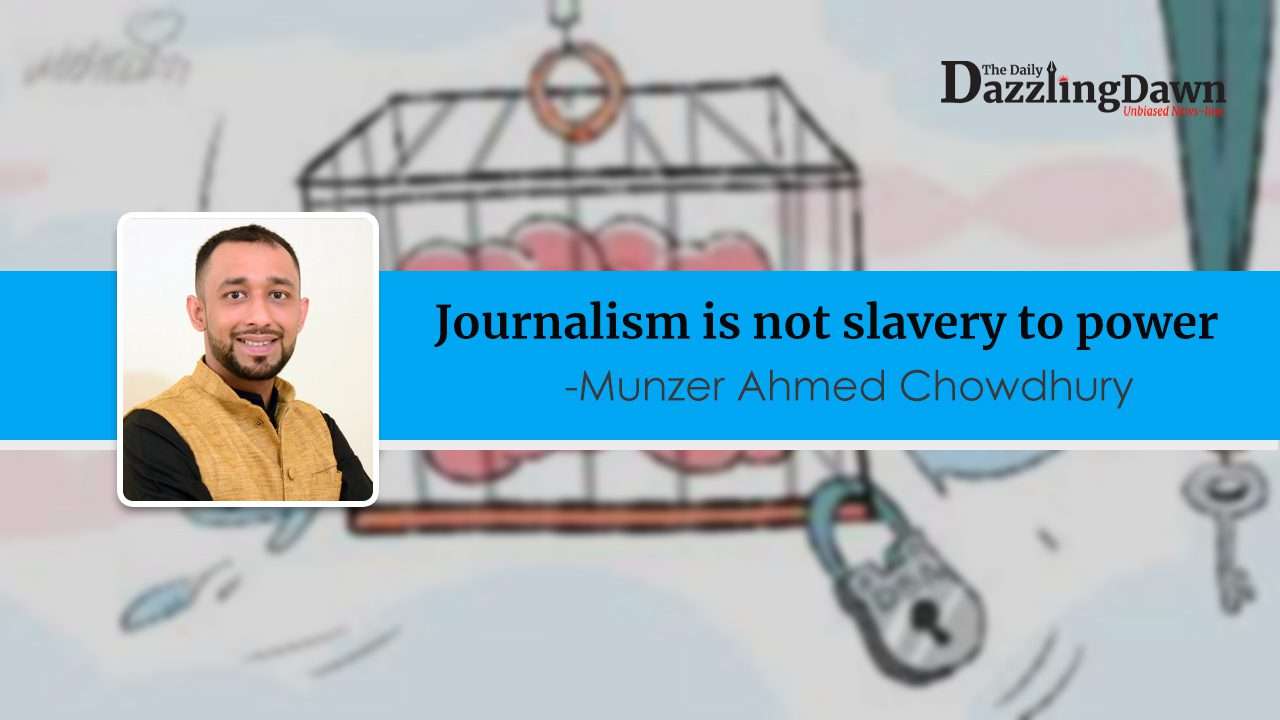
Someone's brokerage minister, someone's power or countless courtesans. Journalism and mass media have now turned into brokering, racketeering and abuse in Bangladesh. Media has lost its true form and has been reduced to the role of a guardian servant of capital. Although there is bias in the media in neighboring West Bengal, they do it first for their country, for nationalism, with the aim of hiding the sensitive issues of the country. And our journalist leaders broker plots, flats, high commission press minister's job or to win the loyal competition of power-hungry servants.
After the 90s, the Awami League and BNP made a system that, you have to be in a partisan. People outside the party caucus are a minority in all sectors.
In Bangladesh, not getting state honor even after the death of journalist ABM Musa, the MP of Bangabandhu's era, not getting funeral in the parliament premises are countless examples of insulting our elders by not giving them due respect. On the other hand, the ability of the leader to be a hundred percent loyal private servant is the most important thing in TV license, plot, government appointments.
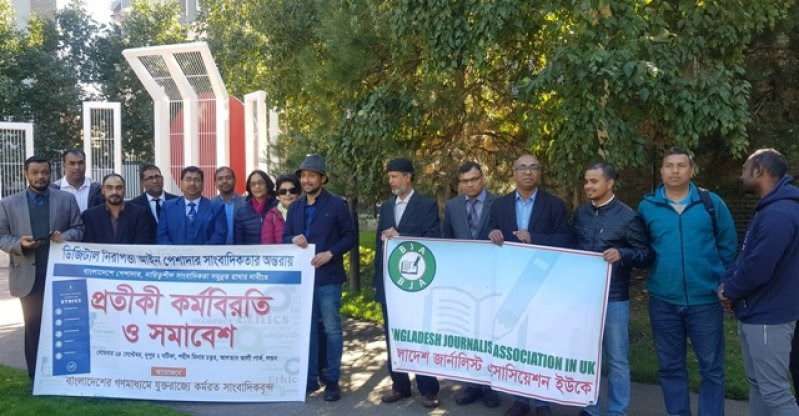
While we have been fighting for a living in London for the past decade after the anti-interest clauses of the Broadcasting Code, Digital Security Act were repealed, a group of our elders are standing in the field wearing party jerseys. And in this way, the government is teaching the future governments to understand the path of government-obligated and power-friendly journalism. It is not for the government to decide which news is true and which is misleading. What a wonderful quality of news and journalism in Bangladesh.
On the day I am writing this article,for the 100th time, the application seeking time to submit the investigative report on the journalist couple Sagar-Rooney's murder case has been delayed for the 100th time. It means that the date of giving that report has been postponed a hundred times. In this country, even in the whole world, there is no precedent of such a long tradition. In any civilized society there is no need to seek justice.
The government of Bangladesh has announced plans to change the country’s controversial Digital Security Act and replace it with a new law amid widespread criticism from rights groups and concerns from the United Nations.
Before the Digital Security Act was passed by the National Parliament in 2018, we had agitated for the repeal of some of the controversial clauses. The loopholes in the Cyber Security Act should not be used as a tool to oppress professional journalists. At the same time we have to keep in mind that it is impossible to ensure the safety of the people of the country, not only journalists or mass media, but not law or law, without good governance and legal social institutions.
Writer:
Munzer Ahmed Chowdhury
Journalist, Author
 Someone's brokerage minister, someone's power or countless courtesans. Journalism and mass media have now turned into brokering, racketeering and abuse in Bangladesh. Media has lost its true form and has been reduced to the role of a guardian servant of capital. Although there is bias in the media in neighboring West Bengal, they do it first for their country, for nationalism, with the aim of hiding the sensitive issues of the country. And our journalist leaders broker plots, flats, high commission press minister's job or to win the loyal competition of power-hungry servants.
After the 90s, the Awami League and BNP made a system that, you have to be in a partisan. People outside the party caucus are a minority in all sectors.
In Bangladesh, not getting state honor even after the death of journalist ABM Musa, the MP of Bangabandhu's era, not getting funeral in the parliament premises are countless examples of insulting our elders by not giving them due respect. On the other hand, the ability of the leader to be a hundred percent loyal private servant is the most important thing in TV license, plot, government appointments.
Someone's brokerage minister, someone's power or countless courtesans. Journalism and mass media have now turned into brokering, racketeering and abuse in Bangladesh. Media has lost its true form and has been reduced to the role of a guardian servant of capital. Although there is bias in the media in neighboring West Bengal, they do it first for their country, for nationalism, with the aim of hiding the sensitive issues of the country. And our journalist leaders broker plots, flats, high commission press minister's job or to win the loyal competition of power-hungry servants.
After the 90s, the Awami League and BNP made a system that, you have to be in a partisan. People outside the party caucus are a minority in all sectors.
In Bangladesh, not getting state honor even after the death of journalist ABM Musa, the MP of Bangabandhu's era, not getting funeral in the parliament premises are countless examples of insulting our elders by not giving them due respect. On the other hand, the ability of the leader to be a hundred percent loyal private servant is the most important thing in TV license, plot, government appointments.
 While we have been fighting for a living in London for the past decade after the anti-interest clauses of the Broadcasting Code, Digital Security Act were repealed, a group of our elders are standing in the field wearing party jerseys. And in this way, the government is teaching the future governments to understand the path of government-obligated and power-friendly journalism. It is not for the government to decide which news is true and which is misleading. What a wonderful quality of news and journalism in Bangladesh.
On the day I am writing this article,for the 100th time, the application seeking time to submit the investigative report on the journalist couple Sagar-Rooney's murder case has been delayed for the 100th time. It means that the date of giving that report has been postponed a hundred times. In this country, even in the whole world, there is no precedent of such a long tradition. In any civilized society there is no need to seek justice.
The government of Bangladesh has announced plans to change the country’s controversial Digital Security Act and replace it with a new law amid widespread criticism from rights groups and concerns from the United Nations.
Before the Digital Security Act was passed by the National Parliament in 2018, we had agitated for the repeal of some of the controversial clauses. The loopholes in the Cyber Security Act should not be used as a tool to oppress professional journalists. At the same time we have to keep in mind that it is impossible to ensure the safety of the people of the country, not only journalists or mass media, but not law or law, without good governance and legal social institutions.
Writer:
Munzer Ahmed Chowdhury
Journalist, Author
While we have been fighting for a living in London for the past decade after the anti-interest clauses of the Broadcasting Code, Digital Security Act were repealed, a group of our elders are standing in the field wearing party jerseys. And in this way, the government is teaching the future governments to understand the path of government-obligated and power-friendly journalism. It is not for the government to decide which news is true and which is misleading. What a wonderful quality of news and journalism in Bangladesh.
On the day I am writing this article,for the 100th time, the application seeking time to submit the investigative report on the journalist couple Sagar-Rooney's murder case has been delayed for the 100th time. It means that the date of giving that report has been postponed a hundred times. In this country, even in the whole world, there is no precedent of such a long tradition. In any civilized society there is no need to seek justice.
The government of Bangladesh has announced plans to change the country’s controversial Digital Security Act and replace it with a new law amid widespread criticism from rights groups and concerns from the United Nations.
Before the Digital Security Act was passed by the National Parliament in 2018, we had agitated for the repeal of some of the controversial clauses. The loopholes in the Cyber Security Act should not be used as a tool to oppress professional journalists. At the same time we have to keep in mind that it is impossible to ensure the safety of the people of the country, not only journalists or mass media, but not law or law, without good governance and legal social institutions.
Writer:
Munzer Ahmed Chowdhury
Journalist, Author
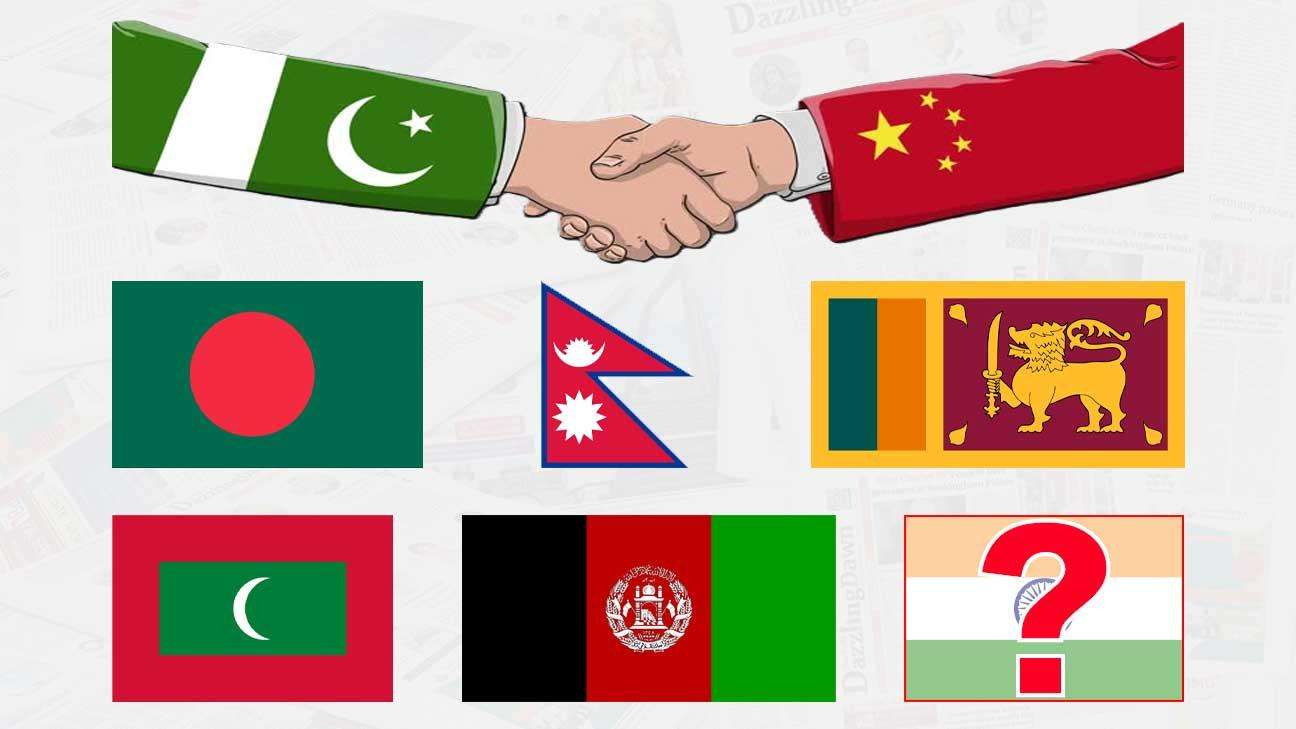
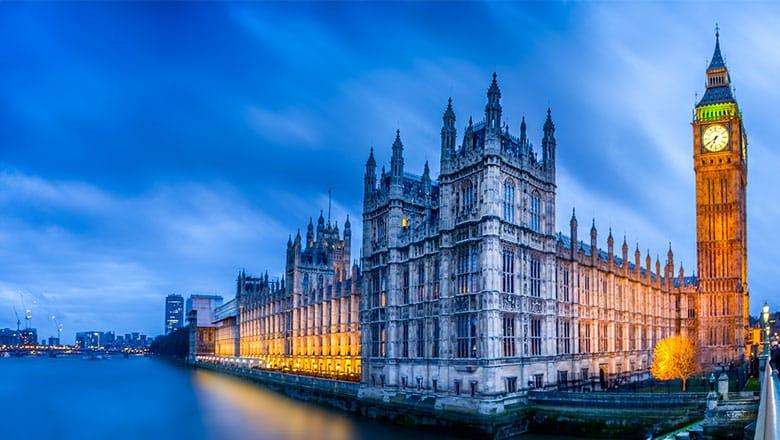
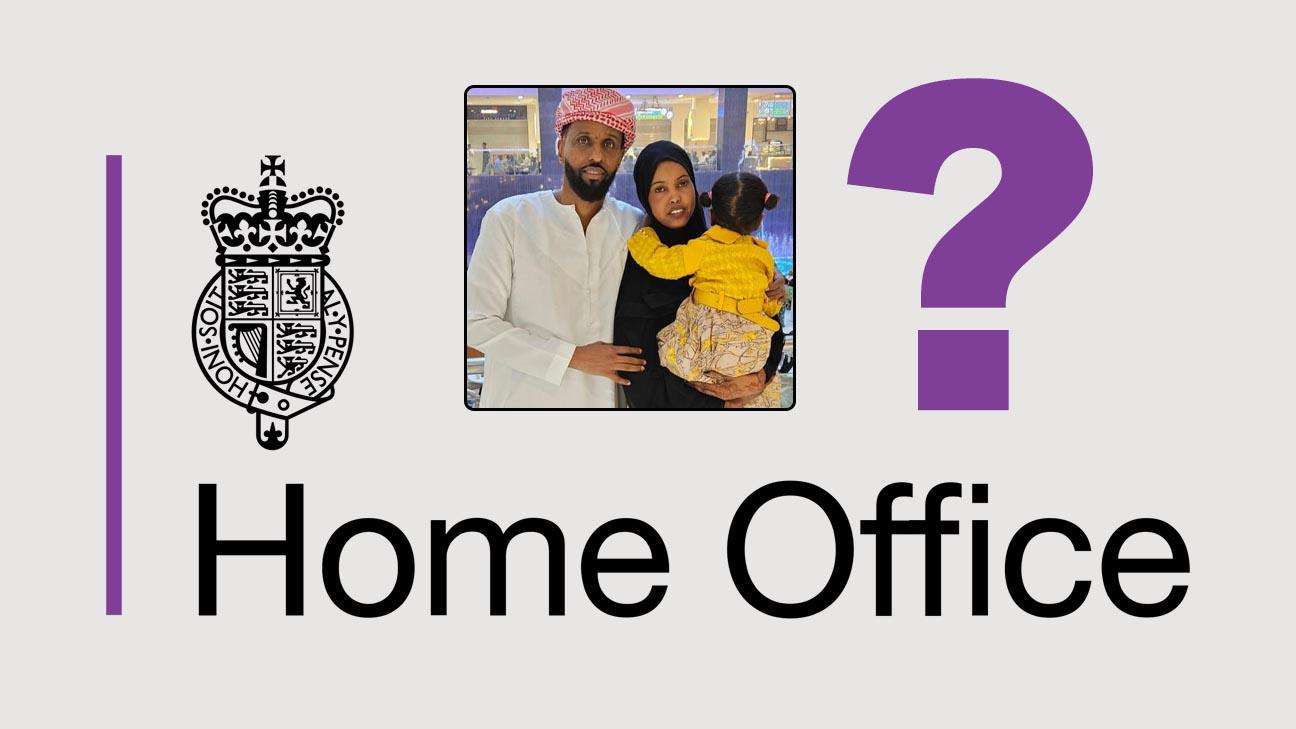




.svg)

_4.jpg)